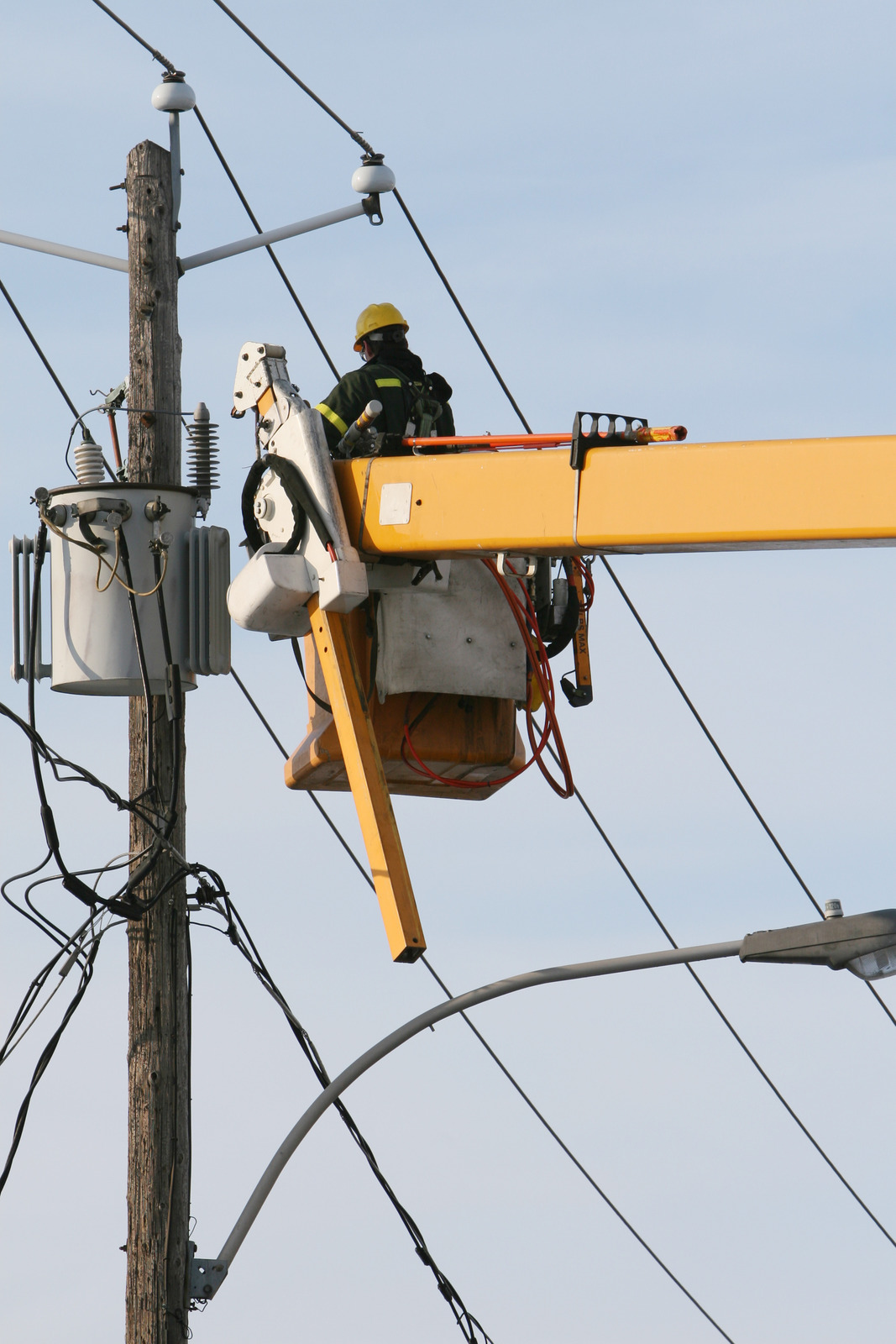Periodic OHS training for employees performing particularly hazardous work
2959
Registered participants
- Training tailored to client's needs
- Training at the client's location
- Open training at our location - if you have few employees, join us!
Periodic OHS training for employees performing particularly hazardous work

We organize comprehensive and professional periodic occupational health and safety (OHS) training for individuals performing particularly hazardous tasks. The classes are conducted by experienced trainers, ensuring that the information provided during the lectures is always up-to-date and compliant with current legal regulations. It is essential to consider such periodic training to avoid unnecessary risks for yourself and your employees. We encourage you to explore our offerings below.
OHS Training for Employees Performing Particularly Hazardous Tasks
According to the Labor Code, employers are obligated to regularly provide OHS training for their employees. Such training should be conducted during working hours and cover topics related to safety and hygiene regulations at work, potential hazards in the workplace, and evacuation procedures. However, individuals performing certain professions are particularly exposed to hazards. For this purpose, we have created comprehensive periodic training to refresh employees' knowledge and provide them with up-to-date information.
The content of periodic OHS training includes the following topics:
- Characteristics of particularly hazardous tasks,
- Potential hazards in particularly hazardous tasks,
- Preventing accidents in particularly hazardous tasks,
- Current legal regulations,
- First aid at the scene of an accident,
- And more.
Objective of OHS Training
 The main objective of periodic OHS training is to refresh and acquire new knowledge about safety and hygiene in particularly hazardous tasks. Participants should be aware of potential workplace hazards and know how to respond in case of danger. Trainees should understand how to organize work at particularly hazardous positions and how to use protective measures. However, it is crucial not to forget about regulations and legal acts related to performing particularly hazardous tasks. Employees should also have thorough knowledge in this regard.
The main objective of periodic OHS training is to refresh and acquire new knowledge about safety and hygiene in particularly hazardous tasks. Participants should be aware of potential workplace hazards and know how to respond in case of danger. Trainees should understand how to organize work at particularly hazardous positions and how to use protective measures. However, it is crucial not to forget about regulations and legal acts related to performing particularly hazardous tasks. Employees should also have thorough knowledge in this regard.In addition, we provide:
- Training materials to help reinforce acquired knowledge,
- Support from our experienced trainers,
- A friendly atmosphere during classes,
- Coffee and tea.
Particularly Hazardous Tasks - What Are They?
These are tasks that are exceptionally risky and dangerous to the health and life of employees. They can pose a threat due to the type or location of the work being performed. Particularly hazardous tasks include activities such as:
- Working at heights,
- Handling hazardous materials and substances,
- Construction, renovation, assembly, and dismantling work,
- Work carried out in premises where corrosive, flammable, explosive, and suffocating substances are present or may be present,
- Work inside channels, gas and liquid fuel tanks, boilers, chute bins, and other enclosed spaces,
- Work related to suspending wires on power lines (with the power supply disconnected),
- Cable distribution tasks,
- Repair work carried out near exposed electrical equipment,
- Repairing pipelines, gas pipelines, and deep well pumps,
- Inspections of equipment for distributing gas and liquid fuels,
- And many more.
Why Choose Us?
As a company organizing courses for conservators, operators, as well as OHS and fire protection training, we have years of experience in teaching. Our courses are conducted by specialists who willingly share their knowledge about workplace safety and accident prevention during lectures. We place great emphasis on imparting knowledge about regulations and legal provisions that govern employees' rights and responsibilities. We strive to provide up-to-date safety-related information.
We approach each course participant individually, allowing us to adjust the training schedule if necessary or efficiently resolve specific issues. If you have any questions, please feel free to contact us.
In addition to periodic OHS training for individuals performing particularly hazardous tasks, we also offer courses for conservators and operators of various UDT machines, including:
- Forklifts,
- Telescopic handlers,
- Movable platforms (aerial lifts and scissor lifts),
- Overhead cranes,
- Mobile cranes,
- Tower cranes,
- And more.
Furthermore, we meet our customers' expectations by providing servicing for UDT equipment and machines, including movable platforms (aerial lifts and scissor lifts), overhead cranes, forklifts, HDS cranes, and telescopic handlers. In addition, we offer:
- Maintenance,
- Modernization,
- Inspections,
- Audits,
- Rental of substitute machinery (scissor lifts or forklifts),
- Sales of new and used equipment,
- The opportunity to inspect machinery before final purchase.
If you have any doubts or questions, please do not hesitate to contact us. If necessary, we can help you tailor the training schedule to your needs and those of your employees.
Questions and Answers
What does OHS training for individuals performing particularly hazardous tasks involve?
The course covers topics related to potential workplace hazards and providing first aid. Participants in the training also learn how to prevent various accidents.
Are OHS training for individuals performing particularly hazardous tasks mandatory?
Yes, it is mandatory. Employers are required to provide regular safety and hygiene training for employees performing tasks that pose a risk to their health. This allows employees to refresh their existing knowledge and learn new information.
If I work at heights, do I need to undergo periodic OHS training?
Yes, employees who work at heights or inside channels, boilers, fuel tanks, and pipelines must participate in periodic OHS training for individuals performing particularly hazardous tasks. This training is also intended for those working with electromagnetic cables and pipelines and gas pipelines.
